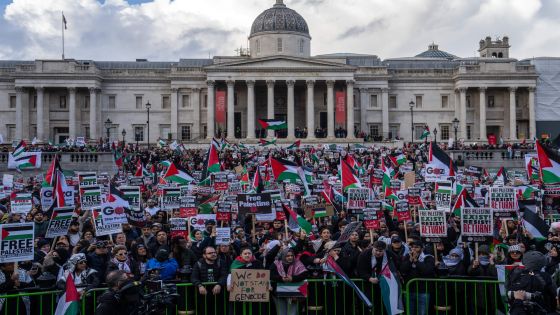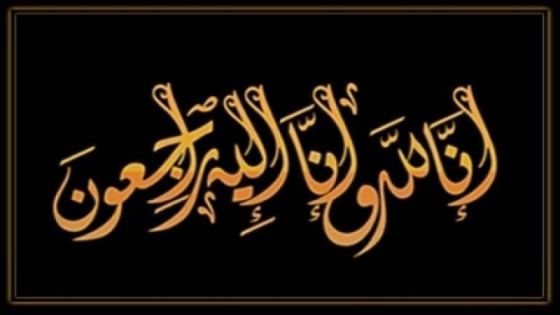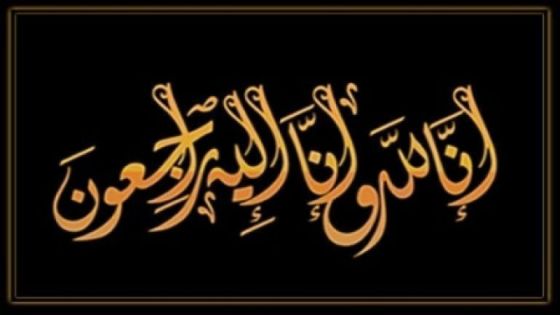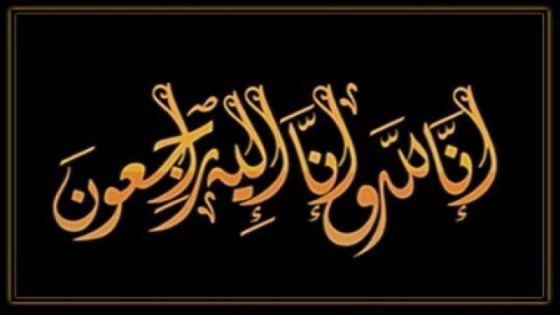Watna news – Mohammad Malkawi – Israel currently bears the burden of international shame and siege due to its aggressive and repressive policies. Israel faces significant challenges not only internally but also externally, as the international community increasingly despises and isolates this Zionist entity. This article explores Israel’s current situation between the disgrace of its colonial policies and the siege imposed on it by global justice forces.
Shame: Occupation and Repression Policies
Israel has not only occupied Palestinian territories since 1967 but has also pursued inhumane repressive policies against the Palestinian people. Key aspects of these policies include:
1. **Settlement Expansion:** Israel continues to build settlements on occupied Palestinian land, defying international law and established norms.
2. **Blockade of Gaza:** Israel has imposed a severe blockade on the Gaza Strip since 2007, turning the lives of its residents into a daily nightmare and creating a persistent humanitarian crisis.
3. **Arbitrary Detentions:** Israel detains Palestinians brutally, including children, reflecting a state that relies on violence and intimidation to handle the legitimate demands of the Palestinian people.
Siege: Growing International Isolation
Israel faces a growing international siege due to its criminal policies. Countries and international organizations have begun to adopt firm stances against Israel, including:
1. **Boycott, Divestment, Sanctions (BDS) Movement:** This movement is one of the most potent tools of pressure on Israel, aiming to isolate it economically and politically until it reverses its aggressive policies.
2. **European Stances:** Many European countries have taken strong positions against Israel, including recognizing the state of Palestine and repeatedly calling for an end to the occupation and settlement expansion.
3. **Shifts in American Stances:** Despite traditional strong support from the United States for Israel, critical voices have emerged in the American arena, demanding a change in U.S. policy towards this colonial entity.
4. **Support for Hamas:** Hamas receives strong support from regional countries like Iran and Turkey, which enhances its ability to resist Israeli policies and increases the pressure on Israel.
Military Threats from Hezbollah, Iran, Yemen, Syria, and Iraq
In addition to diplomatic isolation, Israel faces increasing military challenges from various regional actors:
1. Hezbollah: The Lebanese Hezbollah poses a significant military threat to Israel. With Iranian support, Hezbollah possesses a large arsenal of rockets and continues to enhance its military capabilities to counter any Israeli aggression.
2. Iran: Iran is the primary supporter of resistance movements in the region, including Hezbollah and Hamas. Iran supports these groups with weapons, training, and advanced technology, strengthening their ability to confront Israel.
3. Yemen: Iran supports the Houthi rebels in Yemen, who possess long-range missiles that can threaten Israeli security. This support complicates the regional situation and adds another layer of threat to Israel.
4. Syria: Syria remains an important strategic ally of Iran and Hezbollah. Despite the destruction caused by the civil war, Syria continues to serve as a platform for supporting military operations against Israel.
5. Iraq:Shiite armed factions in Iraq, supported by Iran, contribute to strengthening resistance capabilities against Israel. These factions possess significant military capabilities and are part of the resistance axis in the region.
Missile Strikes from Hamas-Supporting States
Missile strikes targeting Israel come from various sources supported by regional countries, increasing military pressure on Israel:
1. Iran: Iran provides substantial support to Hamas, including advanced missile technology. Iranian rockets reaching Hamas enable it to target Israeli cities with precision.
2. Syria: Palestinian factions supported by Syria use Syrian territory to launch rockets at Israel. Logistical and material support from Damascus enhances these factions’ ability to continue attacks.
3. Yemen:The Houthi group, supported by Iran, has significantly developed its missile capabilities. The Houthis have threatened to use these missiles against Israeli targets, intensifying the regional military threat to Israel.
4. Iraq: Shiite armed factions in Iraq, receiving support from Iran, possess missile capabilities capable of reaching Israel. These factions threaten to use these missiles if tensions escalate.
Netanyahu’s Policies: Stupidity and Recklessness
Israeli Prime Minister Benjamin Netanyahu’s policies are a glaring example of political stupidity and recklessness. Through his repressive and racist policies, Netanyahu has not only provoked Arab and Islamic hostility towards Israel but has also succeeded in making people worldwide despise and scorn Israel. Today, disdain and rejection are not limited to Islamic and Arab countries but have extended to Western nations that once supported this entity unconditionally.
Jews Against Occupation
Opposition is not confined to the international community but extends to Jewish communities worldwide. Protests have taken place in many Western capitals by Jews opposing the occupation and Israeli war on Palestinians. This phenomenon reflects the significant shift in global attitudes towards Israel.
Impacts and Outcomes
This shame and siege have catastrophic effects on Israel. Internally, pressures on the Israeli government are increasing from its citizens, who are suffering from social and economic strains. Externally, Israel’s international isolation is growing, hindering its ability to achieve its political and economic objectives.
Israel is currently facing massive challenges that reflect increasing shame due to its repressive policies and the siege imposed on it by the international community, in addition to escalating military threats from resistance forces in the region. The question remains: Will Israel retract its aggressive policies and achieve a just settlement with the Palestinians, or will it continue to sink into the cycle of shame and siege?
















